Fahim Farand is “a great hope of the new generation” who is on the way
(Part two)
Written by: Salar Azizpour
Translated by: Abdul Ali Faiq
Fahim Farand linked to a generation, who are on the way, the generation, which our aims, hopes, and predestinations are depending and relying on their creativities and conterbution. This new generation, who born in the age of war and resistance, and they understood the glory of their history, civilization and culture values. Therefore, they will lead us on the path of jubilation and self-knowledge. So, Fahim is one of them. A modern poet, his leadership, commitments and dedications will be a unique and priceless example for us!
Fahim Farand states: I was born in Bakhshi Khail village,
- Sabe-e- Nowroz (The morning of New Year)
- Sham-e- Pahiz (The evening of autumn)
- Qarya (The village)
- Mazhar Sobe (The sepulchre (shrine) of the morning)
- Oqda ha tofang (The knots of gun).
In 1368, I completed Nadirya Lece (school) and attended
I four seasons, (spring, summer, autonm and winter) I have four multi-colour hope, but I will tell you here, one of the four, which is (summer).
- Every mooring when I get up , my eyes are on the sky , my wish is raining ,
- In the warm afternoon, I walk on the thirsty and calmness outfield,
- And I pilgrimage and cry on the green funeral of death
- On my return in evening, I watch from behind of sadness thorns, the sadness deserts and, I pray for more rains and storms.
Fahim is an eloquence poet, who experienced the real face of sadness and grief. As he sates: “I am the screamer (caller) of human pains” .According to our great researcher and writer Mr. Merroz: Farand is not only a painful experienced poet, but he has also a natural talented perception, impressive vision and a magnificent poetry imagination; for life, society and nature. He has so many meaningful, eloquence and elegance terms, phrase and explanations .You will clearly understand and discover his bright feeling by his below terms and phrases
- (Glo gah-e- Khorsheed) The gorge of the sun
- (Pahiz-e- Adam(The autumn(fall) of mankind )
- Fasal Gorg(The season of the wolf)
- Kharos Shafaq(The beauty of twilight)
- Gad-e- saya(The misfortune person)
- Shan ha khorsheed(The gravels(sands) of the sun)
- Kakh-e- Khorsheed(The palace of the sun)
- Parahan-e- Aasman(The shirt of the sky)
- Chashman Khorsheed(The eyes of the sun)
- Sab-e- qalbe(The apple of the heart)
- Kotab-e- saya gham(The dark book of the pain)
- Shab-e- tab(The shining night)
- Abadat gah-e-dorakhtan(The worship place of the trees)
- Ando-e- gham(The grief of the garden)
- Khon-e- khashme(The rage of the blood)
- Wad-e- khorsheed(The valley of the sun)
- Zahn-e-ayana(The mentality of the mirror)
- Road shabe(The stream of the night)
- Bakhat aaftab(The grace of the sun)
This is the begging Fahim’s poetry journey and masterpiece. He is well-performed poet that not need for more justification. “A man is known by its company” or “a tree is known by its fruits”. Fahim is actually, a humble servant of the nature, society, culture, history and humanity .He is “the larynx pains of mankind”
________________________________
(*)Islamic call to prayer called by the muezzin five times a day from a mosque's minaret













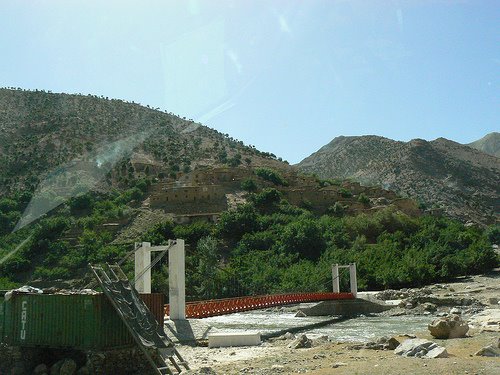
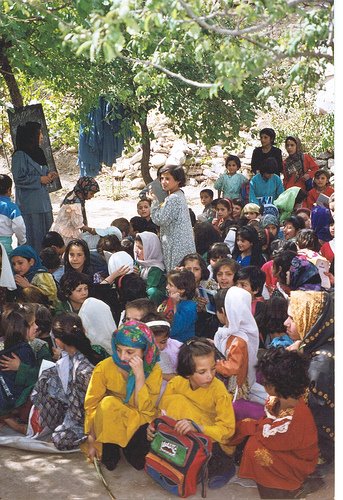












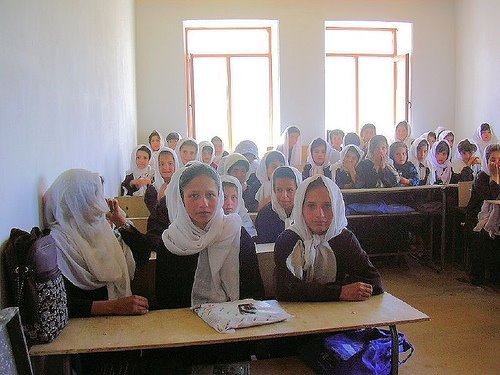
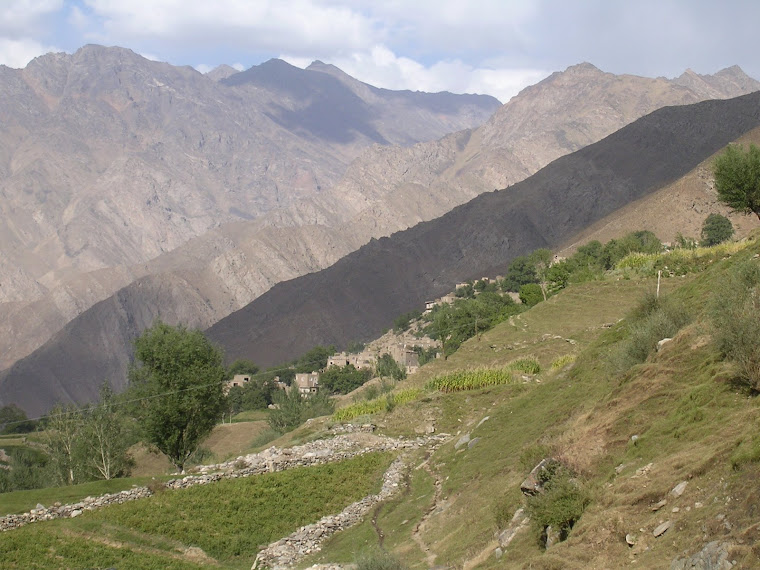



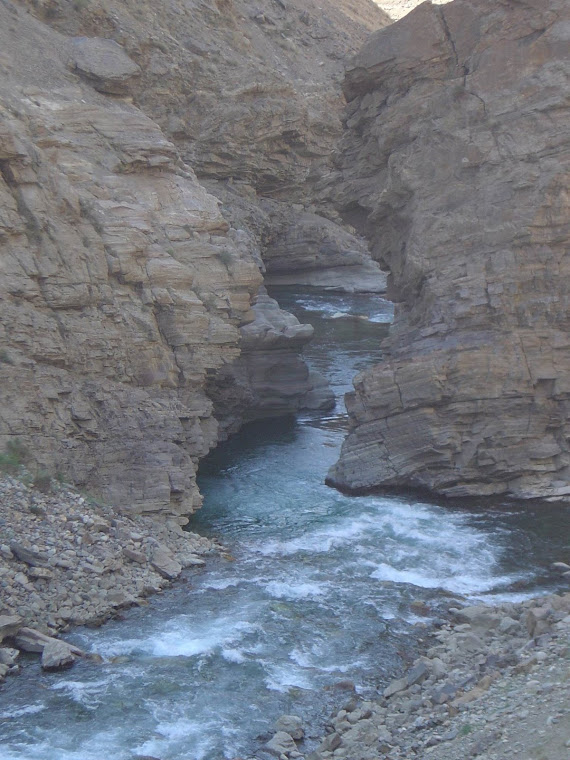

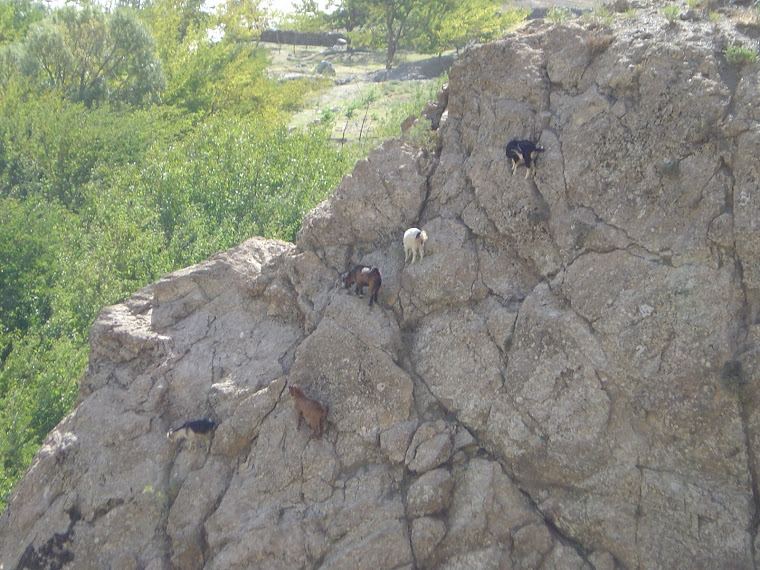




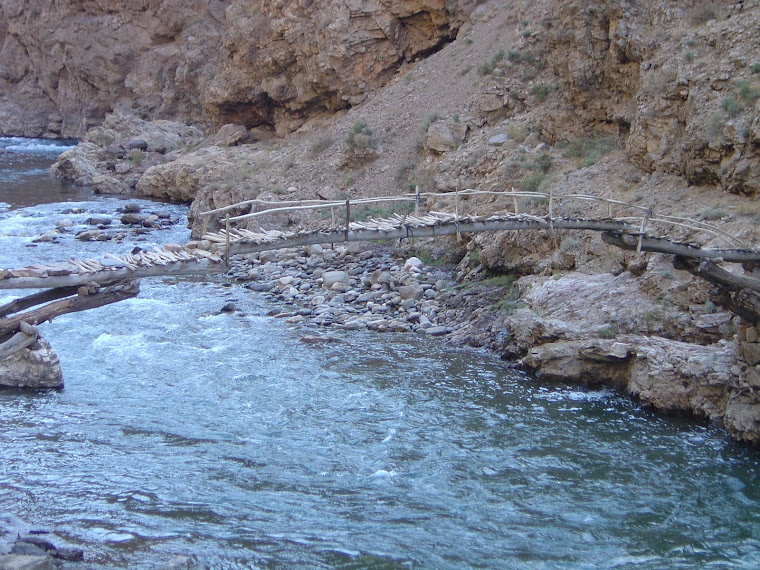

















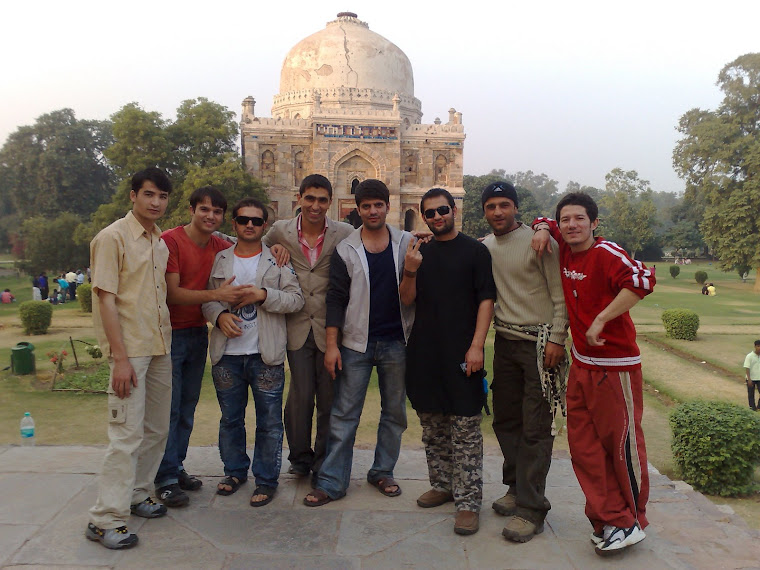
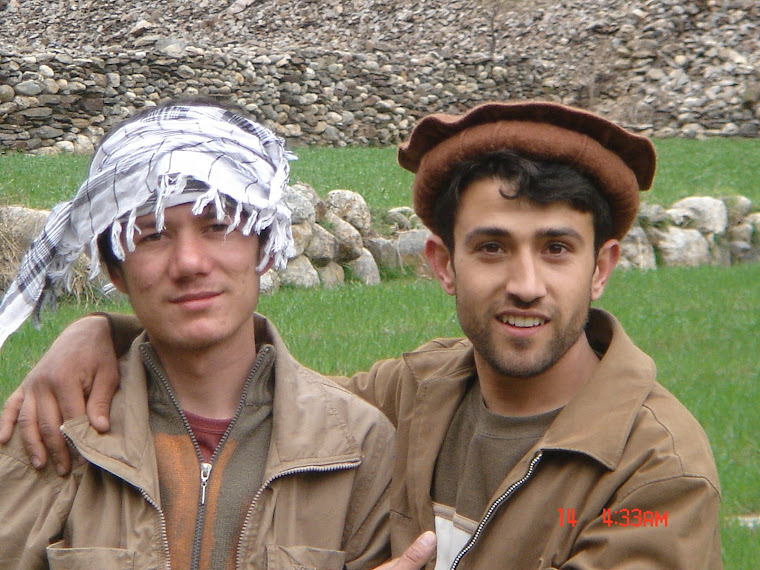

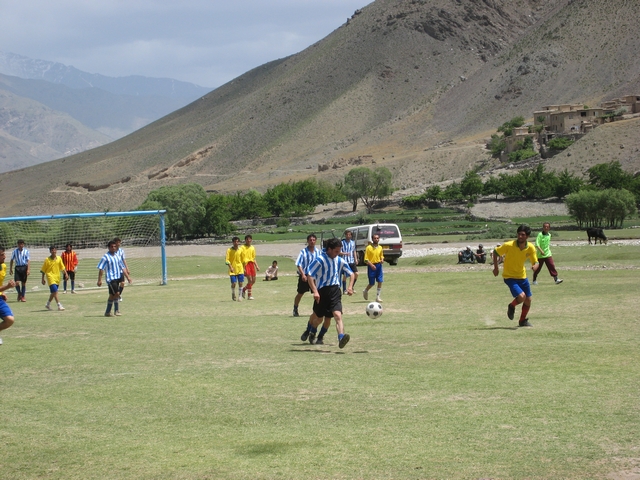

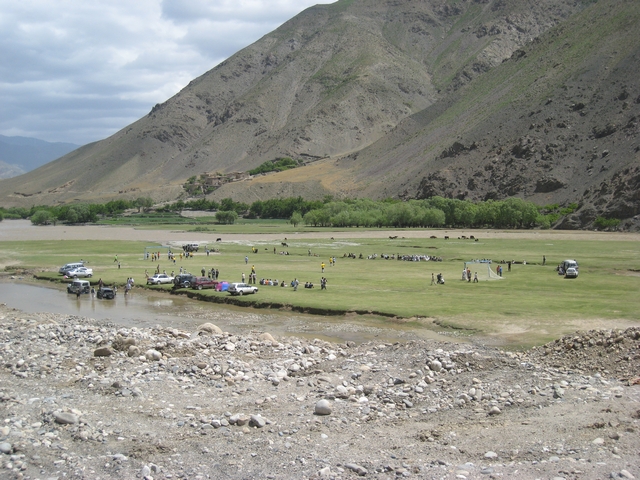
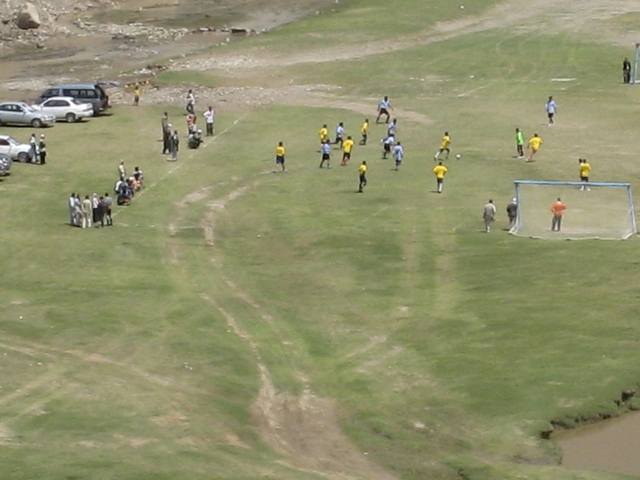
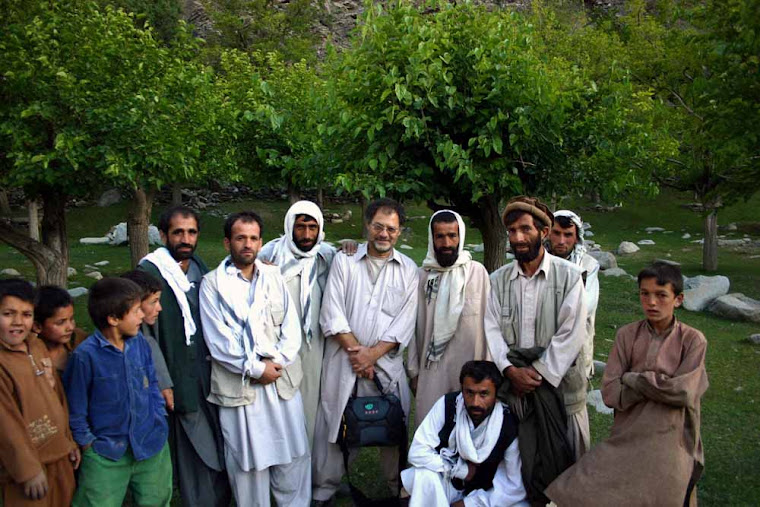







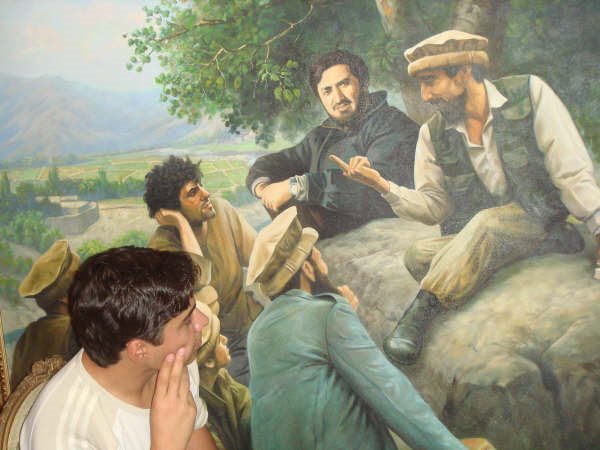

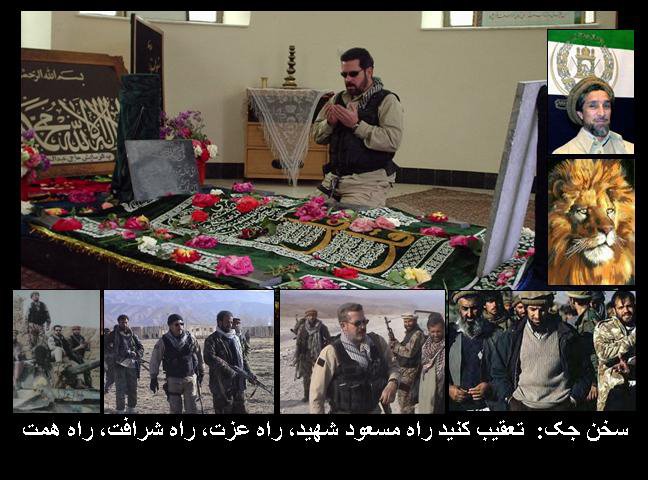
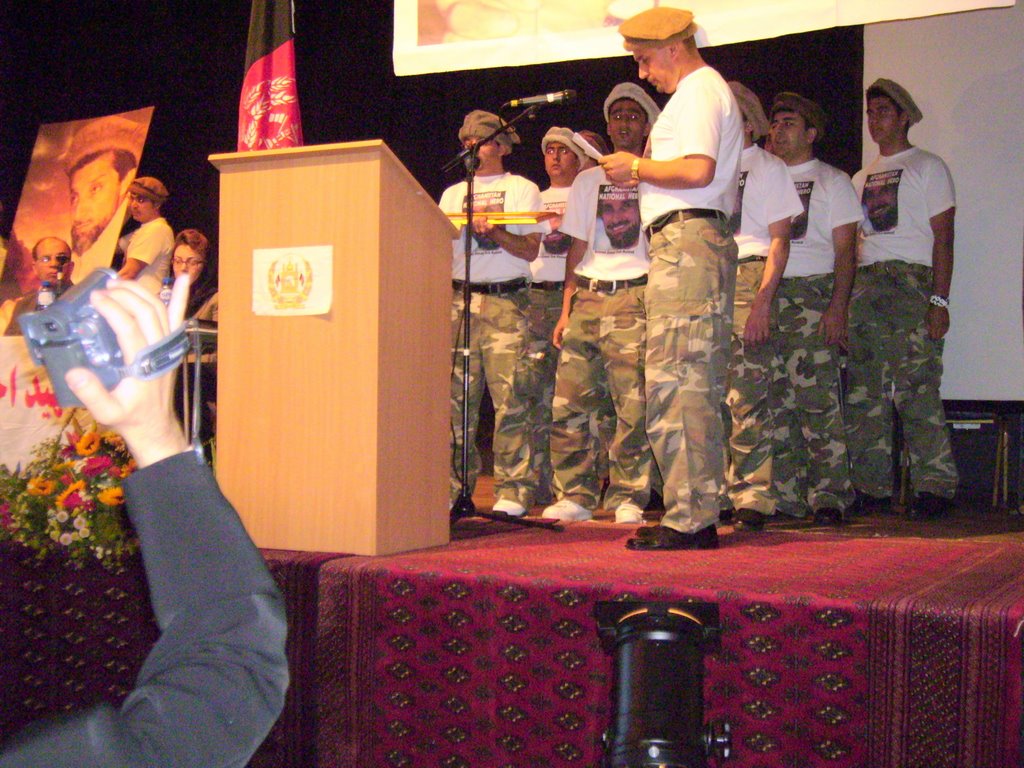

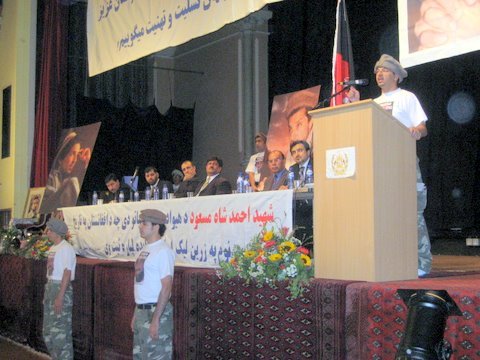
No comments:
Post a Comment